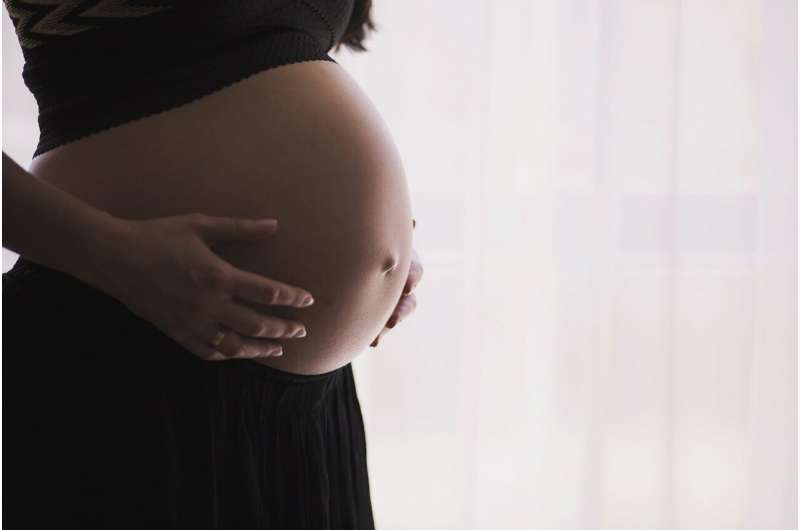Largest study of sickness in pregnancy launches

Women with severe sickness during pregnancy are being invited to join the largest study of the condition in Europe, led by Guy's and St Thomas' NHS Foundation Trust and King's College London.
The study aims to recruit over 500 women across the UK with severe sickness during pregnancy, known as hyperemesis gravidarum. They will contribute blood samples and clinical information to the national NIHR BioResource, to build a database of information about the condition. Scientists hope that this will help them understand more about the genetic basis for the condition and potentially find new ways to treat it. Recruitment is expected to start in the coming months.
Hyperemesis gravidarum is an extreme type of pregnancy sickness, where women vomit many times a day and may be unable to keep down food or drink. It can lead to weight loss, dehydration and malnutrition, affecting the health of both mother and baby.
It is unknown how many women have the condition. Although 7 in 10 women experience some nausea or sickness during pregnancy, it is not currently known how many women experience this more extreme form of sickness.
The causes of hyperemesis gravidarum are currently unknown. There is some evidence that it runs in families, leading some experts to think it may have a genetic link. It has been suggested that it's caused by hormone changes during pregnancy. Current treatments include anti sickness drugs, vitamins and steroids.
Catherine Williamson, consultant obstetric physician and Chair in Women's Health at Guy's and St Thomas' and King's College London said: "Hyperemesis gravidarum is often referred to as 'severe morning sickness' but it's so much more than that. Women with the condition may vomit up to 50 times a day and for some this lasts for the entire pregnancy. This can then lead to complications which can be extremely dangerous and even fatal in pregnancy.
"We don't know very much about why some women get hyperemesis gravidarum and others don't, and there is an urgent need to look at this in more depth and to find out more. Our research is trying to find out about the causes of this illness.
"We hope that by understanding more, we can work towards better treatment and care to make pregnancy much easier for women with hyperemesis gravidarum."
Dr. Peter Dixon, research fellow and co-principal investigator of the study said: "This is a hugely exciting time for genomics-driven research in the NHS, and genomics will give us new insights into who is more likely to get the disease and how it develops. We hope that this could lead to new treatments."
The study is a part of the NIHR BioResource rare disease collaboration. In addition to providing blood samples and answering questions about their medical history, the women will also be asked to consent to being contacted at a future date to take part in studies and trials. These might involve tests for new treatments, or look in more detail at factors in the disease.
A key aim for the researchers is to build on work by an American team, suggesting candidate genes which may be involved in the condition. It is hoped that the teams can collaborate to validate the genes discovered through both projects.


















